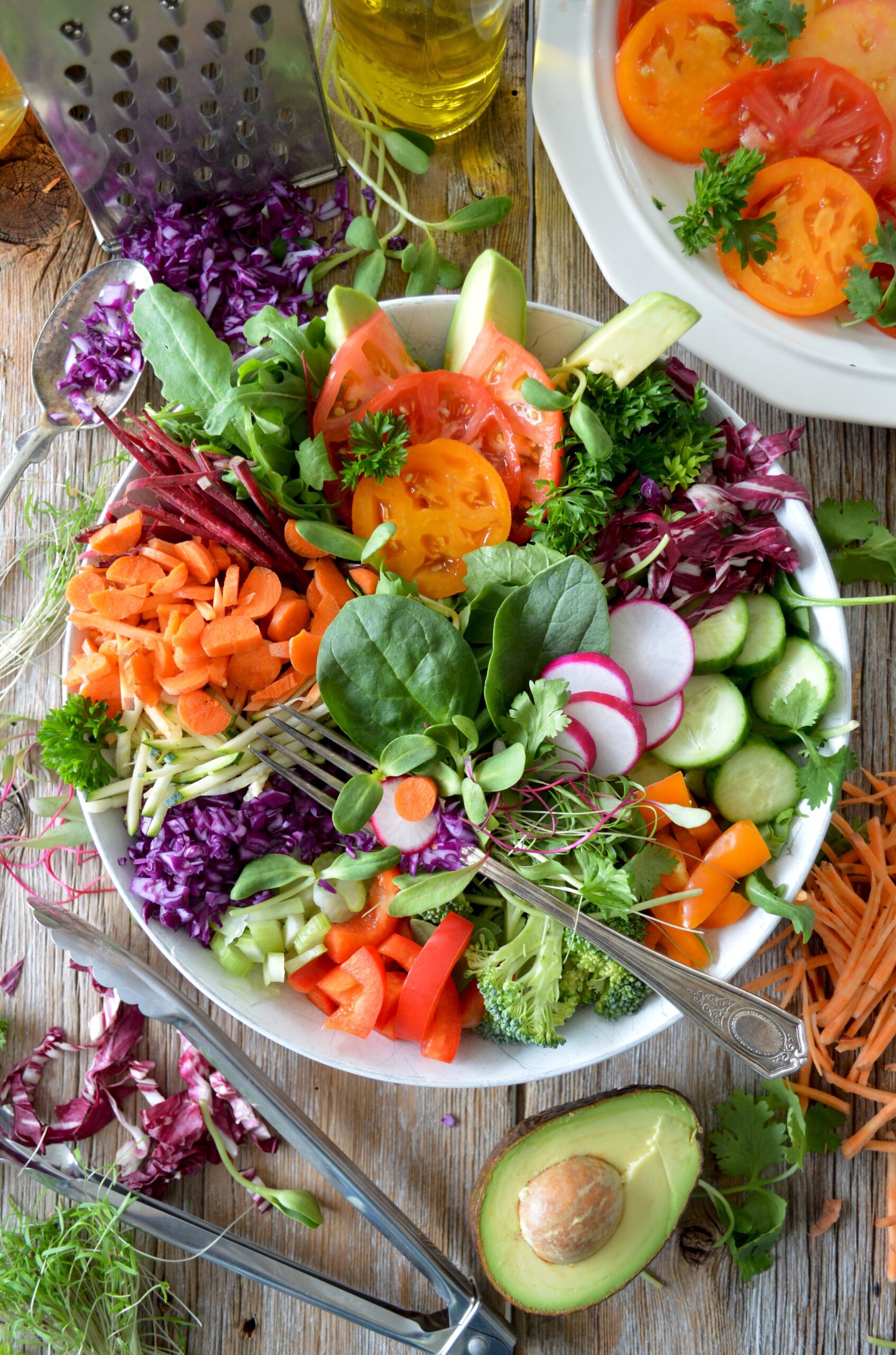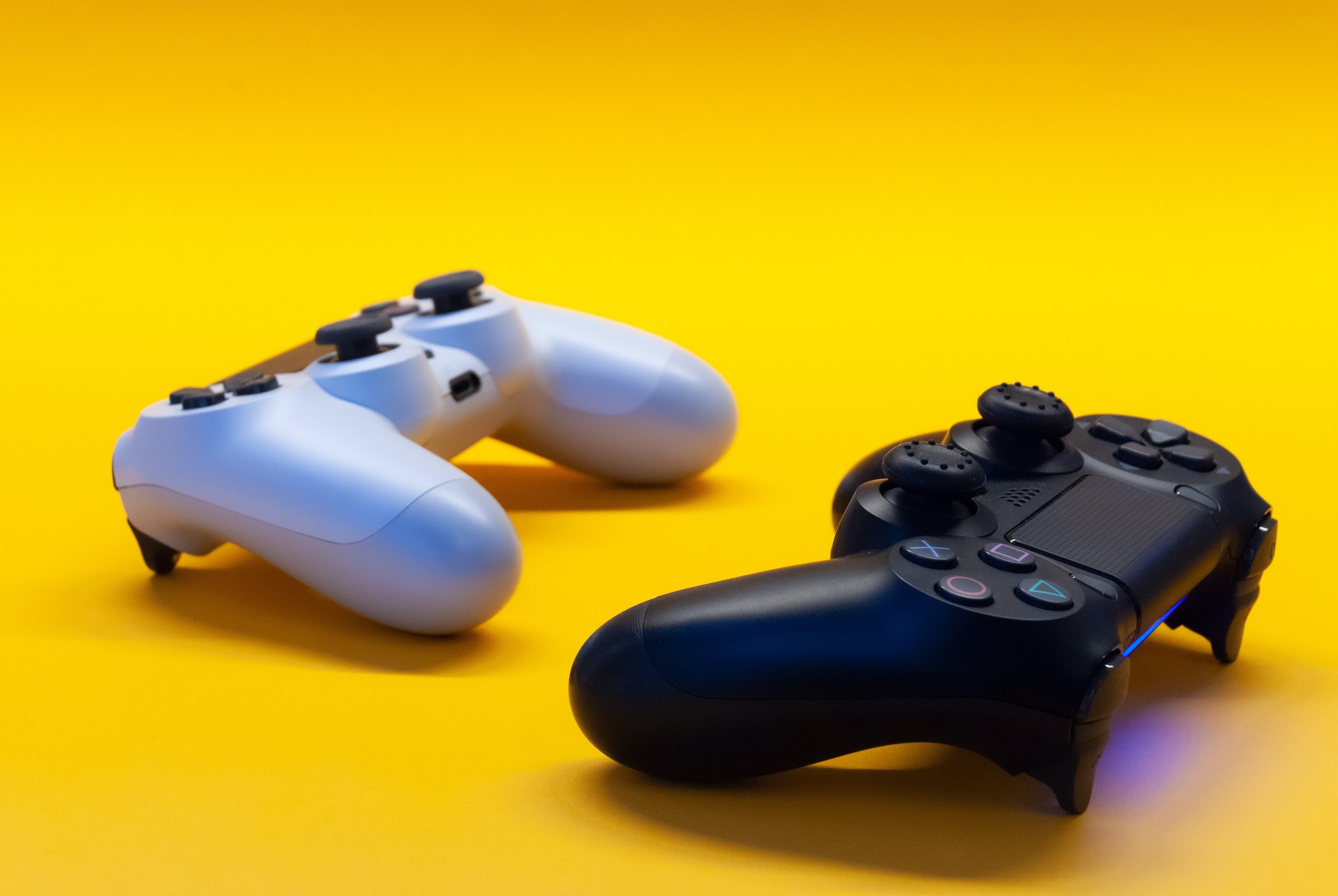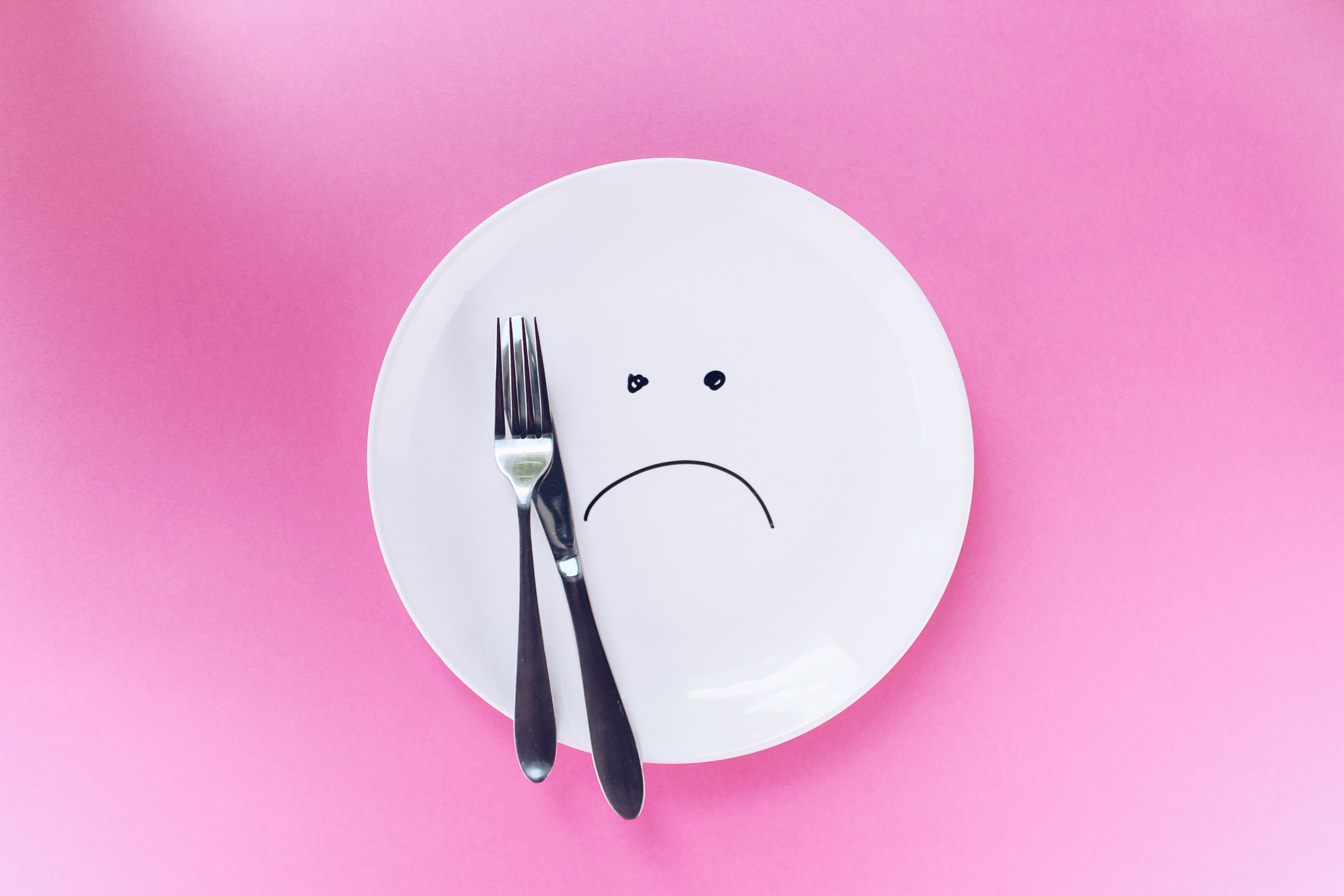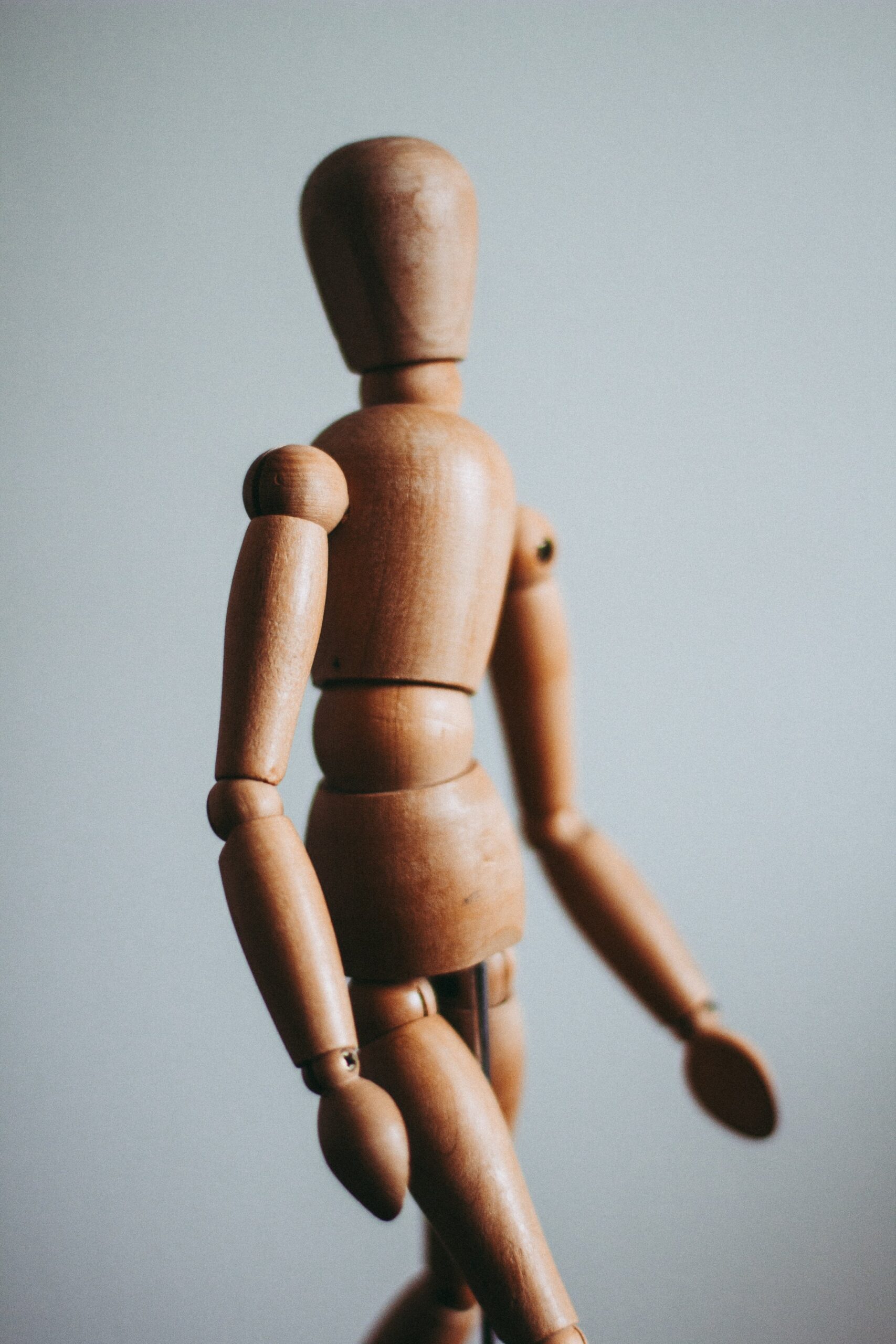Health

You would not be alone if you are concerned about the possible negative effects on your mental health around the winter season. Many people label this season as one of the most stressful times of the year, while some stress is unavoidable, too much stress can challenge your ability to cope.

If you are someone on a journey to learn more about your eating habits, in recovery from an eating disorder, or someone genuinely interested, this blog will discuss what intuitive eating is. Diet culture can be a difficult approach towards someone’s weight loss goals. It often cycles between restriction and exercise which can put someone at risk to develop disordered eating or an eating disorder. This mindset of a transaction and “bad” food items to be earned through restriction, exercise, or calorie counting can be an unhealthy mindset towards someone’s overall wellbeing. Our body is an amazing tool and vessel. Sometimes we can ignore what it is telling us it may need. Intuitive eating is an approach to shift our focus from what we know, towards a healthier relationship with food. Not one filled with anxiety, stress, guilt, sadness, and shame if we have a donut, or “ate horribly today”. Intuitive eating is an anti-diet approach where you are more mindful and connected with your body as it tells you what it needs. Through this, you learn not to judge yourself or listen to diet culture tones. Our body tells us when it is hungry, when it is thirsty, when it is starving, and what is satisfying.

Video games have frequently been portrayed in the media as, at best, a “waste of time”, and at worst, harmful to those who play them. However, there has been an increasing amount of research that not only contradicts these claims, but identifies numerous benefits of playing video games. Another common misconception of video games is that it is for children, particularly male children; however, the people who play video games has continued to become an increasingly diverse group. The age of the average video game player is 35 and it is estimated that approximately 59% of those who play video games are male and 41% are female (Halbrook, O’Donell & Mstefi 2019).

In the mental health field, we focus on ways in which we can feel better by learning effective coping skills to alleviate mental distress. Often enough, we don’t take into consideration how the food we eat impacts not only our physical health, but also our mental wellbeing. Therefore the question is, does our diet affect how we feel emotionally? The answer is an astounding YES!!!

Why is sleep so important? Sleep is a critical aspect of our overall wellbeing both physically & mentally. There are two major phases of brain activity during sleep that we cycle through every night. These are called Non-Rapid Eye Movement (NREM) & Rapid Eye Movement (REM). During NREM sleep, the brain slows down which results in decreased eye movement & muscle activity. This is when the brain is preparing the mind & body to enter into a state of deep sleep. About 1-2 hours after NREM, we enter into REM sleep. This is when activity in the brain increases at a rapid speed & usually results in vivid dreaming! Throughout the night we go in & out of these two phases of sleep.

Diet culture can be harmful and put you at risk for developing an eating disorder or form disordered eating habits. Diet culture is a pervasive belief that appearance and body shape are more important than physical, psychological, and general well-being. It is more of an idea that if you can control your body, and more importantly your diet, this is normal. Diet’s emphasize limiting what and how much you eat, it can lead you to count calories or choose low fat and low carb options. You can develop more attention towards weighing yourself frequently and if you don’t reach your weight loss goals or gain weight, this can negatively impact your mood and motivation. Diet culture normalizes labeling food as good or bad and thinking it is more of a transaction. This means, you either earn it or don’t deserve it depending on how much you have exercised or how you have eaten that day or week so far. Beyond this, it can extend to labeling yourself as good or bad for eating some of these foods.

Body neutrality is a movement and approach to redefine our values and standards of ourselves, shed the pressures of societal beauty standards, and love ourselves in an entirely new way, not on appearance, but function. We can learn more about ourselves and focus on acceptance of ourselves, without an inherent focus on our bodies. Below are a few ways to move toward a body neutrality stance toward ourselves:

Taking the time to check in with yourself is a very important routine to establish. Oftentimes, these check ins are completed for physical health; between routine doctor and dentist visits, recognizing when an illness or aches and pains begin. When a headache or fever begins, most will take medication to assist in feeling better. While it is important to pay attention to your physical health, it is also important to focus on your mental well-being. Sometimes you may be experiencing stress, sadness, or anger without either realizing it or taking the time to take care of yourself in those moments.

The holidays can be a stressful time for many people. There is much to coordinate from who is hosting, to navigating the many homes you may have to visit across family members. You may experience stress around the finances of buying gifts, worry around seeing people you may not like, or concern about that one family member that says a lot of controversial or offensive things. Stress may also arise when seeing your parents especially if you don’t have the best relationship with them. The holidays can be filled with a lot of anxiety, depression, and stress. For those struggling with eating disorders the holidays also bring up a lot of stress around food and eating. The holidays can also serve as a trigger if you struggle with an eating disorder or emotional eating. There may be a lot of fear foods for you, not a lot of support or escape and worry to stick to a meal plan or therapy goals. In a time of the year with a lot of gatherings, seeing people, and body conscious meals here are some strategies for planning ahead this holiday season:

It can be difficult to love how we look, love the shape of our body, our current weight, or natural hair color. It is often easy to compare ourselves to our favorite celebrities, models in fashion and beauty magazines and their photoshopped pictures , all of which can make us feel inadequate. However, the way we view ourselves has begin to shift with more focus on the body positivity movement. This movement focuses on loving all bodies, shapes, sizes , colors, genders, and abilities. Another movement that is becoming more prominent is body neutrality which focuses on appreciating what the body can do, not the appearance.
Let’s talk about both movements and how these viewpoints can allow us to make peace with our bodies.